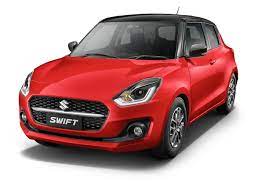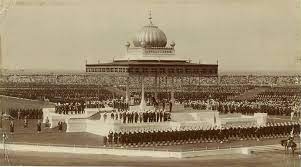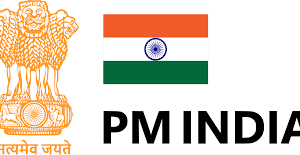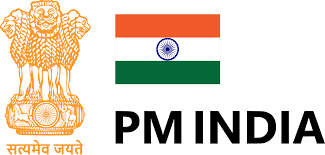Maruti Suzuki is a leading automobile manufacturer in India and is a subsidiary of Suzuki Motor Corporation of Japan. Here is a brief history of Maruti Suzuki in India:
1. Formation and Collaboration (1981-1983): The history of Maruti Suzuki dates back to 1981 when the Indian government and Suzuki Motor Corporation signed a joint venture agreement. The objective was to produce affordable and fuel-efficient cars for the Indian market. The collaboration resulted in the formation of Maruti Udyog Limited in 1981, with the Indian government holding a majority stake.
2. Maruti 800 and Initial Success (1983-1990): Maruti Udyog launched its first car, the Maruti 800, in 1983. It was a compact, affordable, and fuel-efficient hatchback that quickly gained popularity in India. The Maruti 800 became synonymous with the brand and played a crucial role in revolutionizing the Indian automobile industry. The success of the Maruti 800 established Maruti Suzuki as a dominant player in the Indian market.
3. Expansion and New Models (1990s): In the 1990s, Maruti Suzuki expanded its product lineup by introducing new models. The Maruti Omni, a multi-purpose vehicle, was launched in 1984, followed by the Maruti Gypsy, a compact SUV, in 1985. The Maruti Zen, a premium hatchback, was introduced in 1993, further diversifying the company’s offerings.
4. Liberalization and Increased Competition (1990s-2000s): In the early 1990s, India implemented economic liberalization, which led to the entry of several global automobile manufacturers into the Indian market. Maruti Suzuki faced increased competition, prompting the company to focus on enhancing product quality, introducing new models, and expanding its dealership network.
5. Joint Venture Restructuring (2002): In 2002, the Indian government started divesting its stake in Maruti Udyog Limited, and Suzuki Motor Corporation took control of the company, renaming it Maruti Suzuki India Limited. The joint venture was restructured, with Suzuki holding a majority stake.
6. Diversification and Technological Advancements (2000s-Present): Maruti Suzuki continued to diversify its product portfolio by introducing new models across various segments. It launched successful models like the Swift, Dzire, Baleno, Vitara Brezza, and Ertiga, among others. Maruti Suzuki has also embraced technological advancements, including the introduction of hybrid and electric vehicles.
7. Market Leadership and Global Expansion: Maruti Suzuki has maintained its position as the market leader in India, with a significant market share. The company has also expanded its presence globally, exporting its vehicles to several countries.








